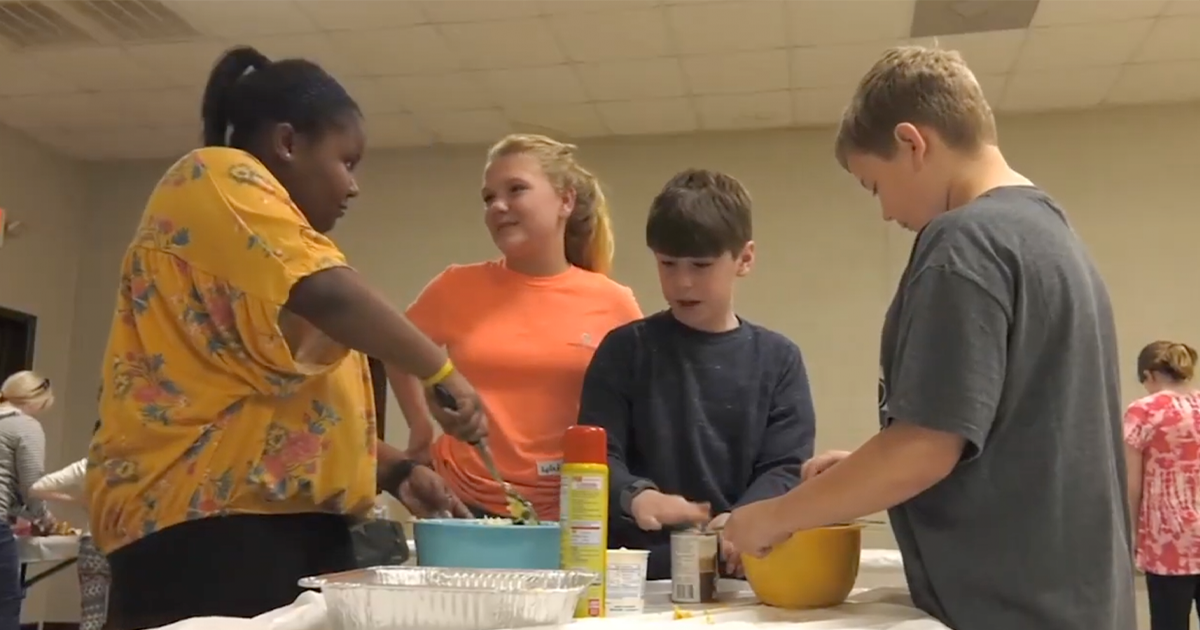Athens, GA
Since 1914 UGA Cooperative Extension has been working to maintain its mission which is to be an agricultural resource that’s used to advance agriculture and ensure quality of life for Georgians. Of course, a lot has changed with extension since 1914, as they’ve worked to develop programs that help benefit Georgians in all walks of life.
“Most people are familiar with our AG and natural resource program area. That’s what we’re really known for supporting that production agriculture side of things. We also have tremendous urban agriculture programs and that’s definitely an emerging sector of our clientele. But we also have wonderful programs in 4-H and youth development and in family and consumer sciences. Most people do know about 4-H, they’ve heard of 4-H, but many people don’t realize that 4-H is the youth component of UGA extension. And in our family and consumer science programs span the gamut from birth to the elderly, and they help people in a variety of areas home, family, nutrition, financial literacy, all of those types of things that will enhance quality of life,” says Associate Dean for Extension, Laura Perry Johnson.
Of course one big area that extension has been working on the last few years to improve quality of life is in the area of behavioral health, which became a big topic following Hurricane Michael’s devastating blow to the state’s ag industry and rural communities. According to Johnson, they’ve made significant headway but still have a lot of work to do.
“As people that work in extension, that work very closely with that farm population, we wanted to help but weren’t sure that we had all the resources we needed. So we reached out and partnered with those in public health and in the School of Social Work. We became much more knowledgeable about stress and rural health issues, farmer suicide. And then we started trying to integrate those programs at the local level. It really was challenging because it wasn’t a subject that our ag specialist or ag agents or even farmers really wanted to talk about. But we got a few champions and we started by going to production meetings, just doing some simple health screenings, taking blood pressure, just giving information out. The first time we did that was in Colquitt county in January of 2020 and the next day to farmers called the counselor resource that we had lined up. So that continued to show us how vital and how important that was,” says Johnson.
According to Johnson, the challenges aren’t slowing down, as farmers continue to face unprecedented obstacles and issues on the farm, whether that’s hurricanes or steepening overhead costs, but says Extension will continue to work towards being a great resource for anyone that needs it.
‘The issues that we will face now and moving forward will continue to be more and more complex. And I feel like for us to be able to do everything we can to address those needs, we’re going to have to continue to partner with other entities,” says Johnson.
By: John Holcomb

